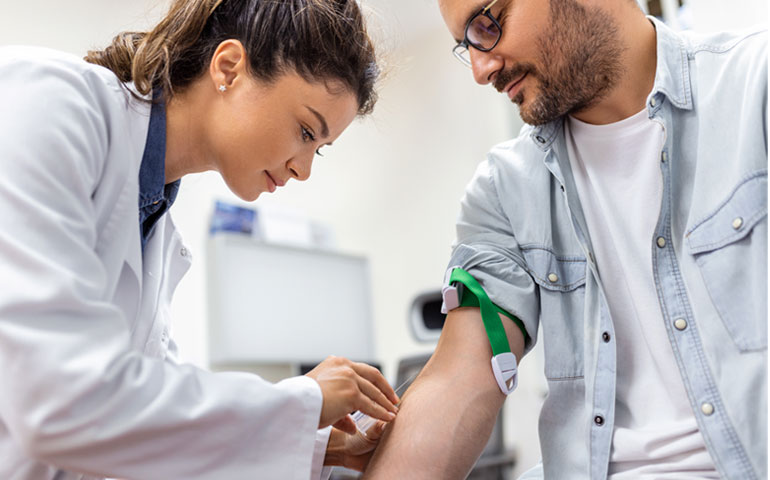Multidisciplinary Treatment Planning
Multidisciplinary treatment planning in breast oncology involves a team of specialists collaborating to develop personalized care strategies for each patient. This team typically includes surgical oncologists, plastic surgeons, medical oncologists, radiologists, pathologists, and supportive care experts who evaluate the patient’s condition comprehensively. Together, they create a treatment plan that may include proper sequencing of treatment modalities like surgery, chemotherapy, radiation therapy, targeted therapies, hormonal therapies and supportive care. This approach ensures that every aspect of the patient’s physical and emotional health is addressed, optimizing treatment outcomes, review and management of treatment related toxicities and quality of life. This platform evaluate the reconstructive surgical options during breast cancer surgery or post treatment as delayed reconstruction.






